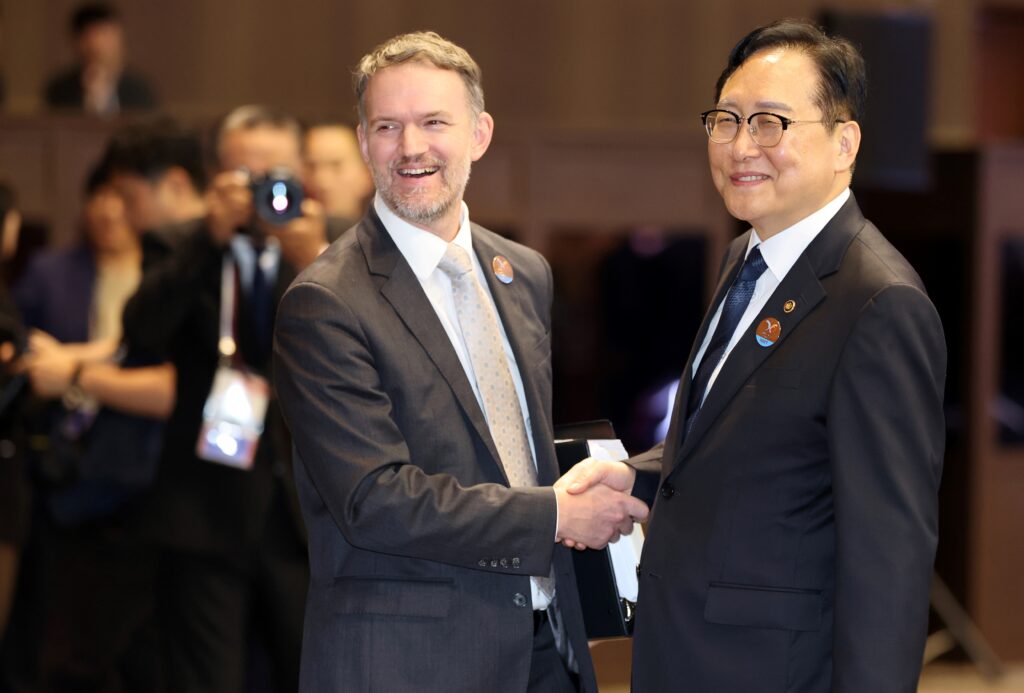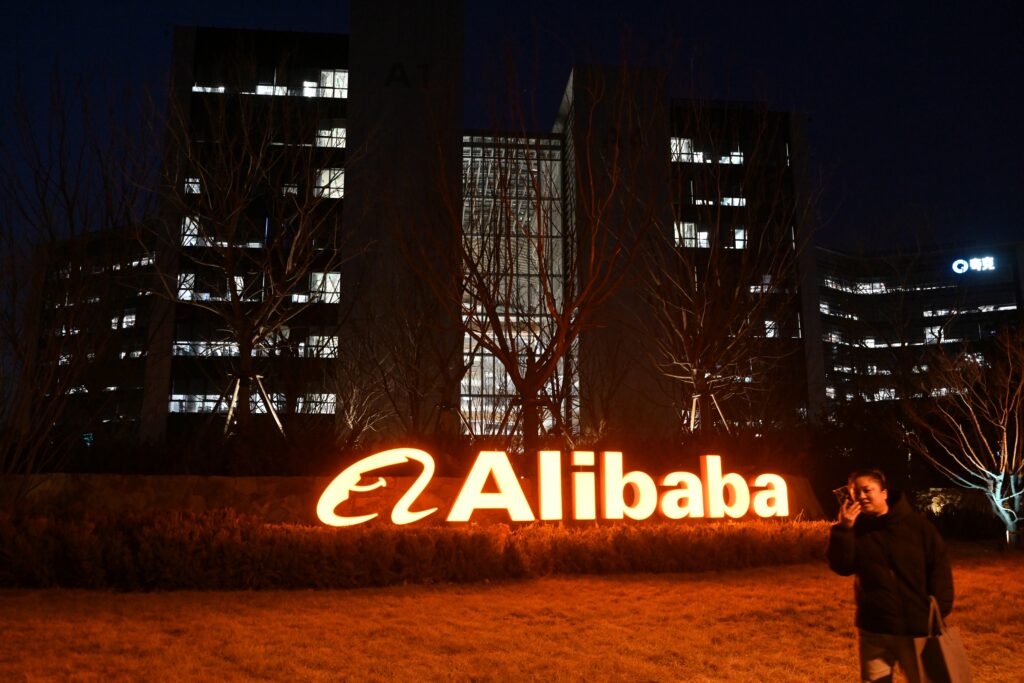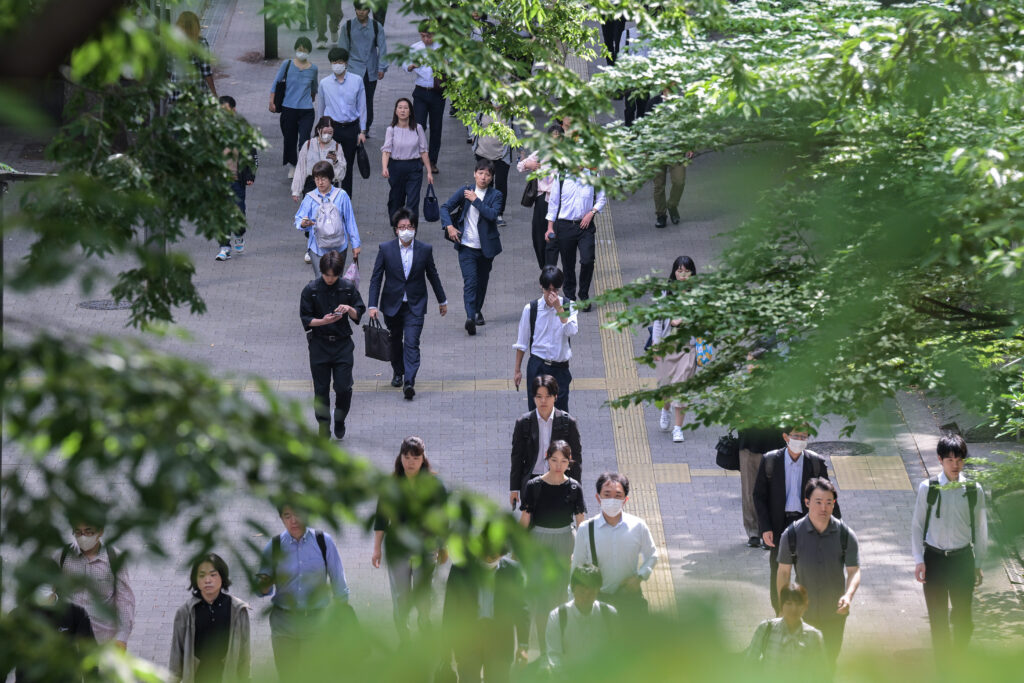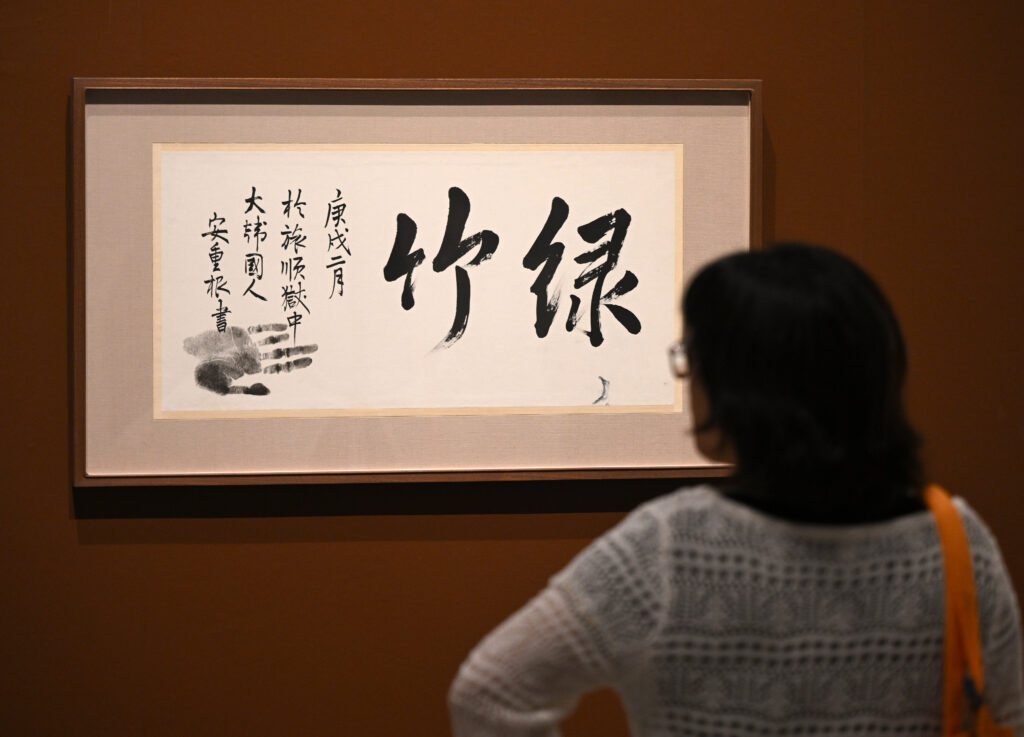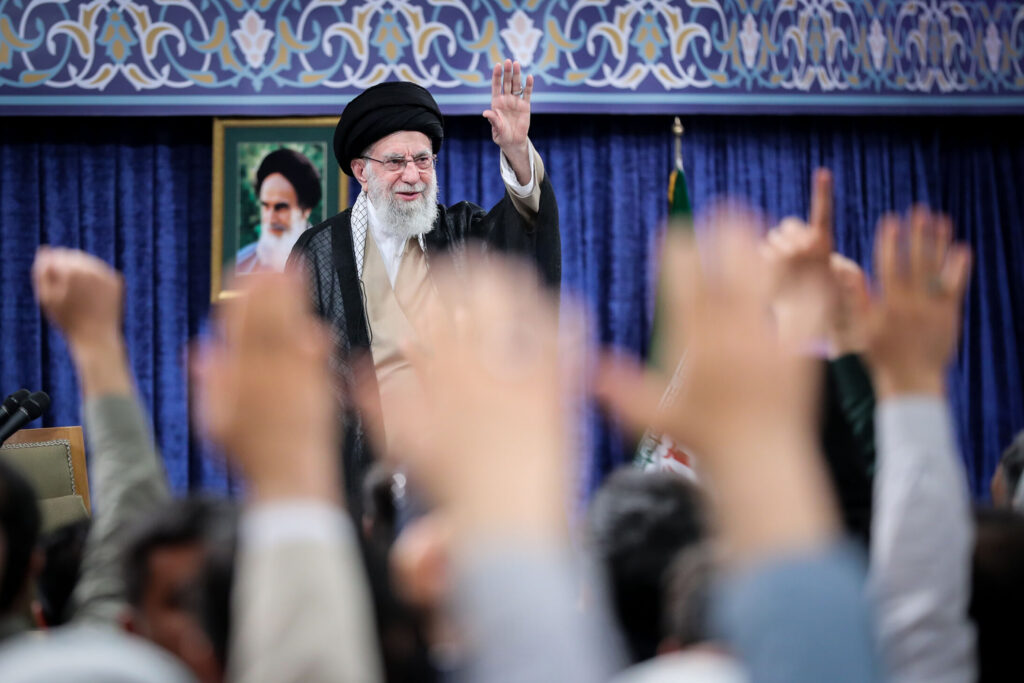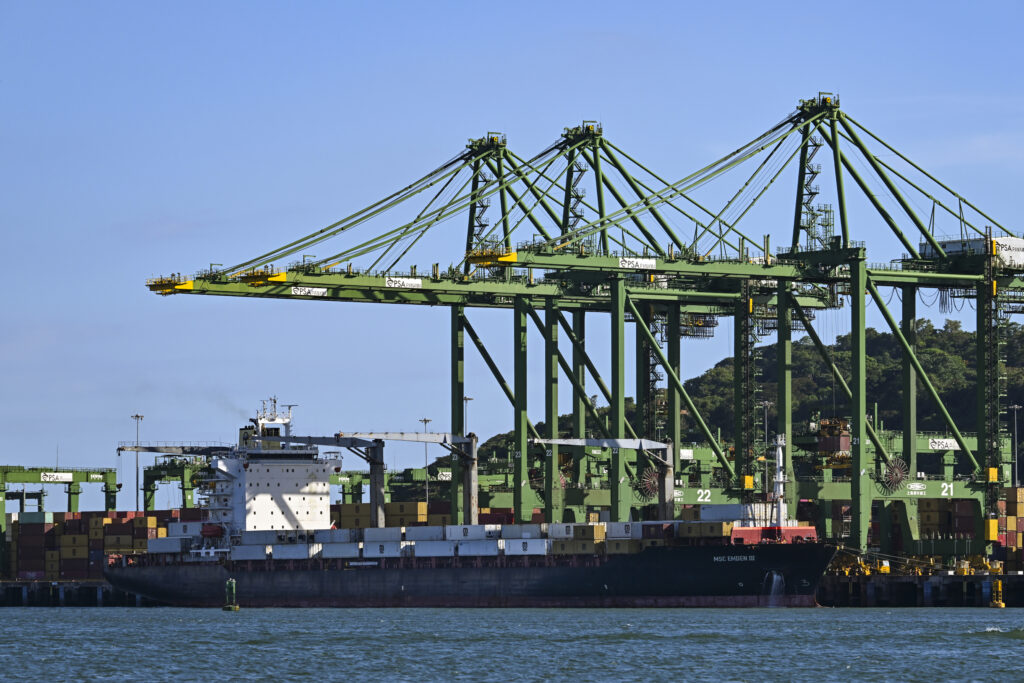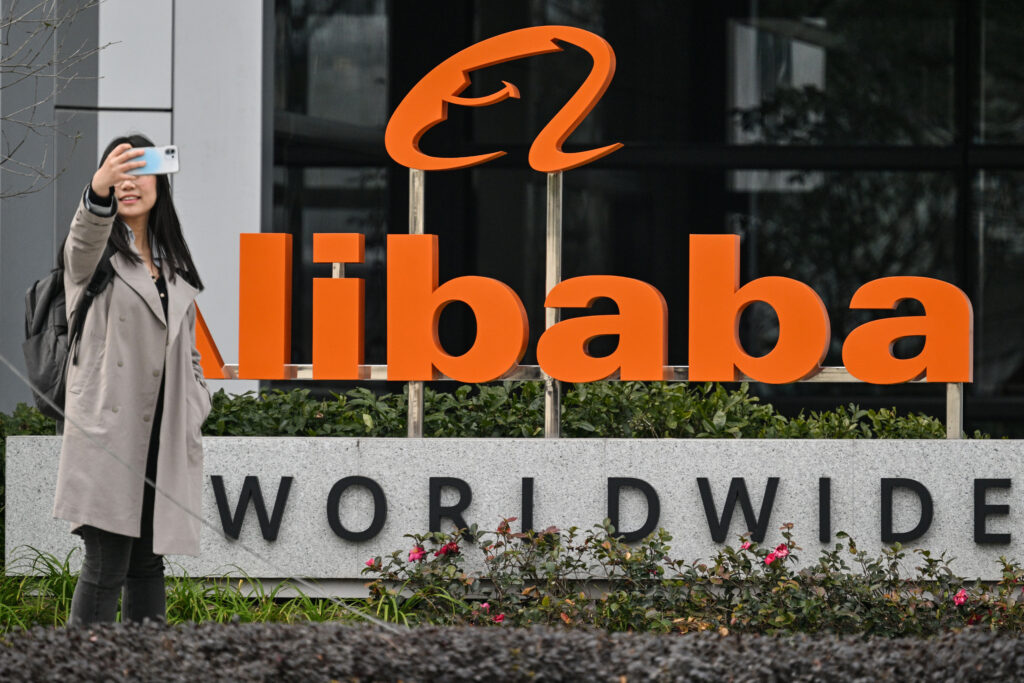APEC says ‘concerned’ over challanges to global trade
The Asia-Pacific Economic Cooperation group said Friday that it was “concerned” over the challenges to global trade, as ministers from APEC countries met in South Korea in the shadow of growing woes from US tariffs.Trade ministers from the top economies that make up APEC are meeting on South Korea’s Jeju Island amid concerns for the global trading system since US President Donald Trump unveiled bombshell levies on most partners.The United States is a key APEC member and was represented by Trade Representative Jamieson Greer, who held a series of bilateral meetings with nations eager to soften the blow of Washington’s tariffs.”We are concerned with the fundamental challenges faced by the global trading system,” trade ministers from the 21-member group, which includes China, said in a joint statement.They urged greater cooperation, saying they “remain committed” to APEC as a means of “bringing us together to address the economic challenges facing our region”.South Korea’s Minister for Trade, Cheong In-Kyo, said the joint statement was hard-won, with “significant differences” in positions clear early on in the talks.But at the last minute, the countries “dramatically” reached an agreement, he said, with the APEC emphasising the importance of global trading mechanisms such as the World Trade Organisation (WTO), as well as sustainable supply chains. This “sends a highly positive signal to global markets”, he said, adding that “APEC members can work together to navigate the current highly uncertain global trade environment effectively”.- No joint response to US -Cheong said there had been no discussion of “joint responses” to US tariffs, saying it was not possible as “each country faces significantly different circumstances”.South Korea recorded a $66 billion trade surplus with the United States last year — behind only Vietnam, Taiwan, and Japan — making it a key target of Trump’s trade tirade.Highly dependent on exports, the country has been hit hard by the 25 percent tariffs on automobiles imposed by Trump in early April. Greer also met South Korea’s Trade, Industry and Energy minister, Ahn Duk-geun, later in the day.Ahn said in a press conference that the two sides agreed to hold a “second round of technical consultations”.The South Korean delegation will fly to Washington next week to discuss issues such as trade and economic security.Ahn said he emphasised to Greer that South Korea has a free trade agreement with the United States. “I made it clear that, against this backdrop of strong industrial cooperation, the current tariff issue has become a significant concern.”Trump announced additional “reciprocal” tariffs of up to 25 percent on South Korean exports last month, but later suspended them until early July.”Our objective is to finalise an agreement before that date, and we are making every effort to meet this timeline,” said Ahn. “I believe other countries are in a similar situation, and the United States has no reason to delay either.”Seoul aims to leverage the talks with commitments to purchase more US liquefied natural gas (LNG) and offer support in shipbuilding, a sector in which South Korea is a leader, after China.Earlier on Friday, Greer met Chung Ki-sun, the vice chairman of HD Hyundai, which owns South Korea’s largest shipbuilding company.HD Hyundai said in a statement that discussions covered cooperation with US shipmaker Huntington Ingalls Industries.Greer also met the CEO of South Korean shipbuilder Hanwha Ocean, which provides maintenance, repair and overhaul services for US Navy vessels.Shares of Hanwha Ocean rose nearly three percent on Friday morning, while HD Hyundai Heavy Industries gained as much as 3.6 percent.
